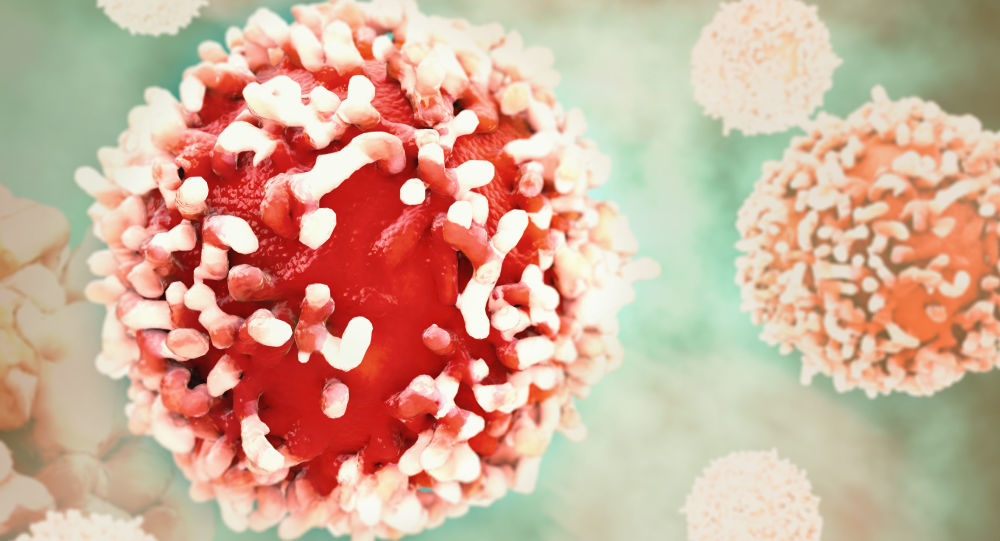NK Cell–derived Exosomes From NK Cells Previously Exposed to Neuroblastoma Cells Augment the Antitumor Activity of Cytokine-activated NK Cells

Summary: Immune cell–derived exosomes can increase immunity against tumors. In contrast, tumor-derived exosomes can reduce the immunity and can change the tumor microenvironment to further develop and provide metastasis. These effects take place by an alteration in the innate and adaptive immune cell functions. In this experiment, we studied the natural killer (NK) cells’ effectiveness on tumor cells after expansion and thereafter incubated it with exosomes. The exosomes were derived from 2 populations of NK cells: (1) naive NK cells and, (2) NK cells previously exposed to neuroblastoma (NB) cells. Moreover, we have studied the NBderived exosomes on NK cell function. The molecular load of the characterized exosomes (by means of nanoparticle-tracking analysis, flow cytometry, scanning electron microscopy, and western blot) from NK cells exposed to the NB cell revealed their expression of natural killer cell receptors in addition to CD56, NKG2D, and KIR2DL2 receptors. These exosomes were used to treat NK cells and thereafter administered to NB tumor cells both in vitro and in vivo. Our results showed some kind of NK cells’ education by the exosomes. This education from NK cells previously exposed to NB cell–derived exosomes caused efficient and greater cytotoxicity against NB tumors, but NB-derived exosomes act as tumor promoters by providing a tumor supporting niche. Hence, this method of preparing the exosomes has a dramatic effect on activation of anti-NK cells against NB cells
برای دانلود متن کامل مقاله کلیک کنید.